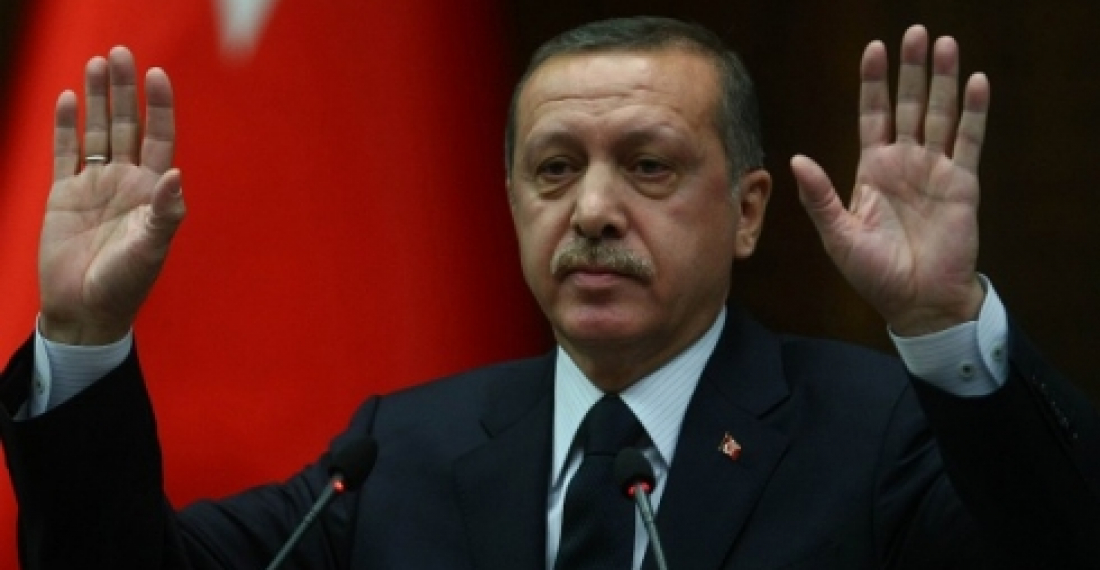Turkey's Prime Minister, Recip Tayip Erdogan remains under pressure despite a major Cabinet reshuffle that saw ten new Minmisters appointed, some replacing those who had resigned earlier as a result of the ongoing corruption scandal.
New Ministers for Interior, Economy and Environment were named to replace those that had been forced out of office after they were implicated in large scale corruption. Whilst Prime Minister Erdogan hoped that after the reshuffle prerssure on his administration will ease, there is no sign of that. Whilst Erdogan remains popular amongst many Turks, the crisis is the most serious challenge to his administration.
The scandal has brought into the open a rift between Mr Erdogan's AK Party and the influential Hizmet movement led by US based Turkish thinker, Fetullah Gulen. Both claim to be the voices of Turkey's Muslim population and for a long time had worked together to resist the pressures of Turkey's secular establishment which had been in control of the Republic since its establishment by Kemal Ataturk.
The scandal erupted when police officers, moving without the knowledge of the government, cracked down on corruption in the city of Istanbul, arresting a number of high profile figures, including the sons of the three ministers who later resigned. Erdogan has blamed foreign forces of being behind the investigation and accused them of trying to undermine Turkey and his AK party government. The Gulen Movement is known to be influential amongst the police and security services in Turkey and may have been irritated by the AK Party's attempts to purge these institutions of its supporters.
Erdogan's position became more difficult after one of the resigning Ministers asked that the Prime Minister should also resign because he was aware of the issues that have been exposed by the scandal.
source: commonspace.eu with agencies







